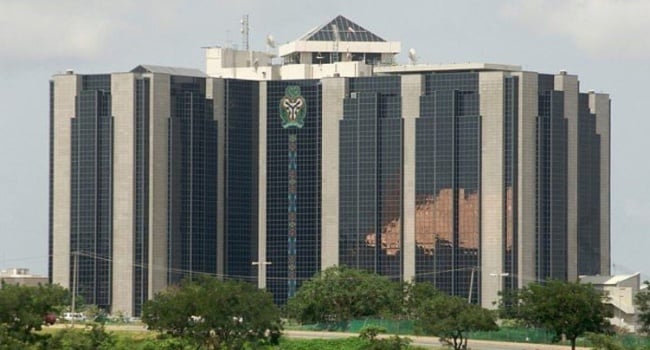Inflation: High interest rates may backfire, Reps warn CBN
The House of Representatives Committee on National Planning and Economic Development has warned the Central Bank of Nigeria (CBN) against the unintended consequences of sustaining high interest rates in its fight against inflation.
Meanwhile, as Nigeria releases its April inflation figure today, a financial expert, Arume Tsekiri, said the recent rebasing of the Consumer Price Index (CPI) by the National Bureau of Statistics (NBS) might be distorting inflation narratives, potentially steering monetary policy in a questionable direction.
Chairman of the House Committee, Gboyega Nasiru, issued the warning yesterday in Abuja during an interactive session with the Statistician-General of the Federation and Chief Executive Officer of NBS, Adeyemi Adeniran.
Nasiru said the warning became necessary as the apex bank prepared to hold its 300th Monetary Policy Committee (MPC) meeting next week.
At its 299th MPC meeting on February 19 and 20, 2025, the CBN retained the Monetary Policy Rate (MPR) at 27.5 per cent, maintaining a tight monetary stance aimed at curbing inflation.
The lawmaker, however, noted that while the President Bola Tinubu administration undertook bold, market-driven reforms that were beginning to yield positive results, there was growing concern that the tight monetary stance could stifle key productive sectors of the economy.
The lawmaker observed that the reforms had stabilised the macroeconomic environment, restored investor confidence and boosted market indicators.
According to him, the capital market has surged by nearly 100 per cent over the past two years, while the CBN recorded its highest external reserves in more than three years.
Despite these gains, Nasiru warned that high interest rates were negatively affecting the manufacturing, agriculture, and Small and Medium Enterprises (SME) sectors considered crucial for job creation.
Adeniran further stated that young people face a relatively higher unemployment rate of 6.5 per cent, while 12.5 per cent of youth ware not in employment, education or training (NEET).
The Statistician-General also disclosed that the Q3 and Q4 2024 reports were being finalised and would soon be released to the public.
In March, Nigeria’s inflation rose to 24.23 per cent from 23.18 per cent recorded the previous month.
Meanwhile, the World Bank projects Nigeria’s inflation at 22.1 in 2025. The bank disclosed this in its Nigeria Development Update report released on Monday.
This rebasing process, though methodologically sound, has sparked concerns about the credibility of the resulting inflation figures.
CPI rebasing, while globally accepted, often recalibrates the expenditure basket used to calculate inflation. In Nigeria’s case, the reduction in the weight of Food and Non-Alcoholic Beverages from 51.8 per cent to 40 per cent raised red flags.
The broader risk, according to Tsekiri, lies in the possible misinterpretation of inflation trends by the CBN. Since 2022, the apex bank has pursued an aggressive monetary tightening policy, raising the MPR to 27.5 per cent by February 2025 to contain inflation.










